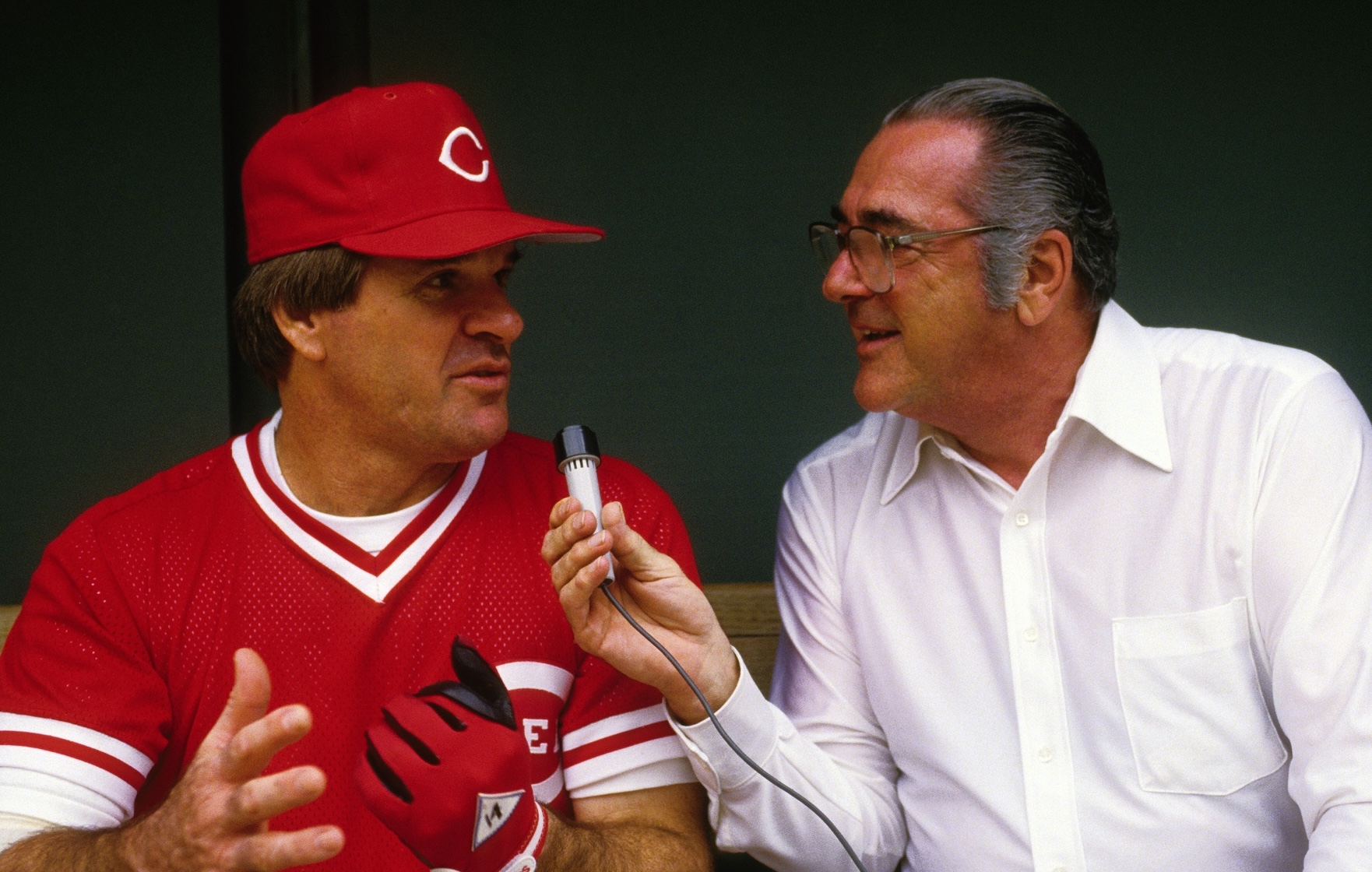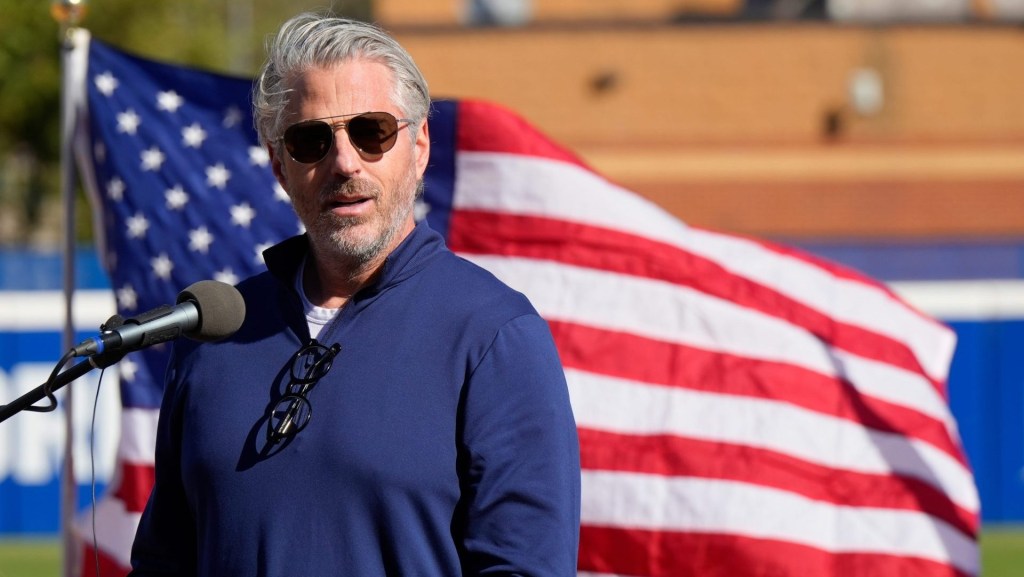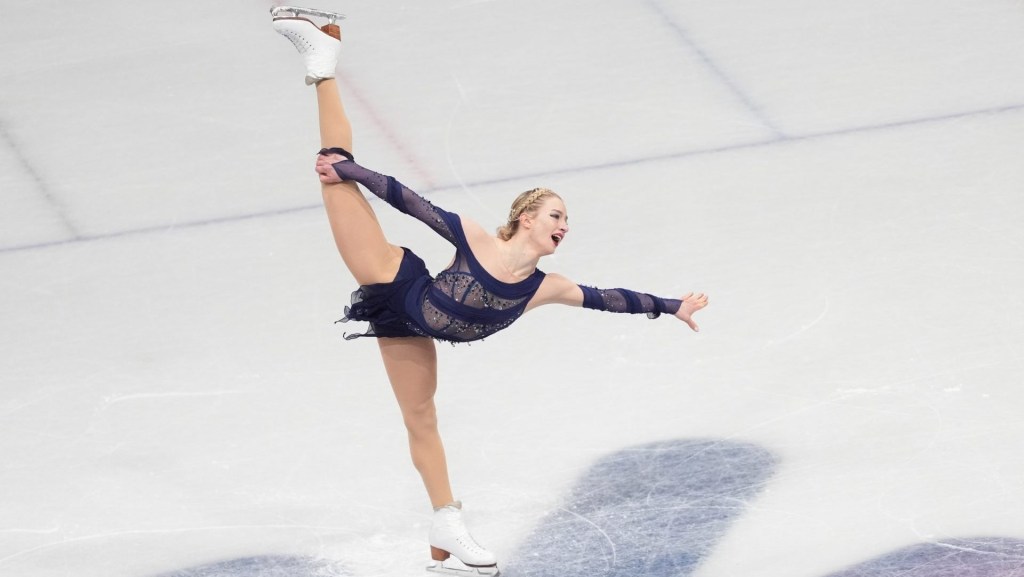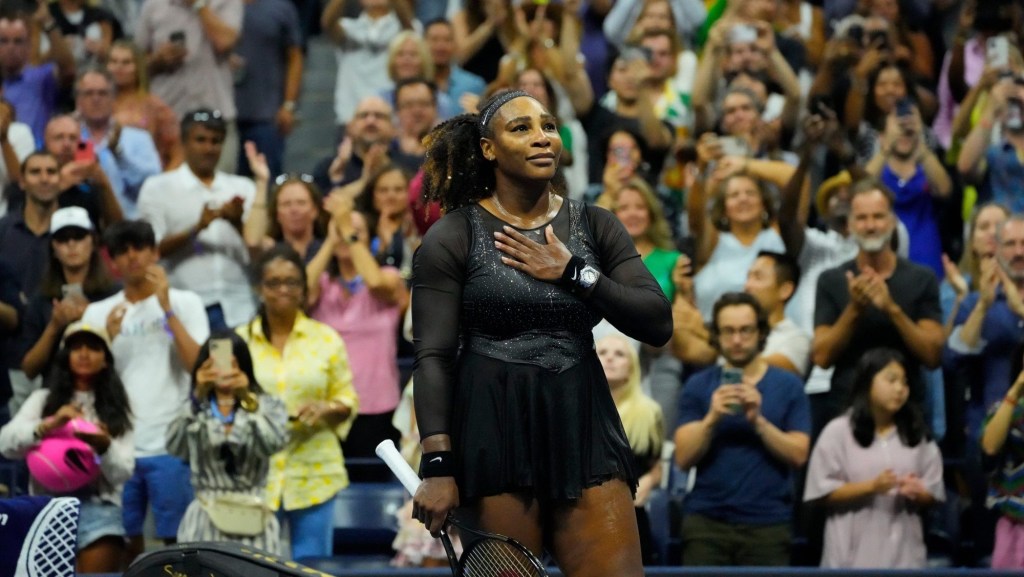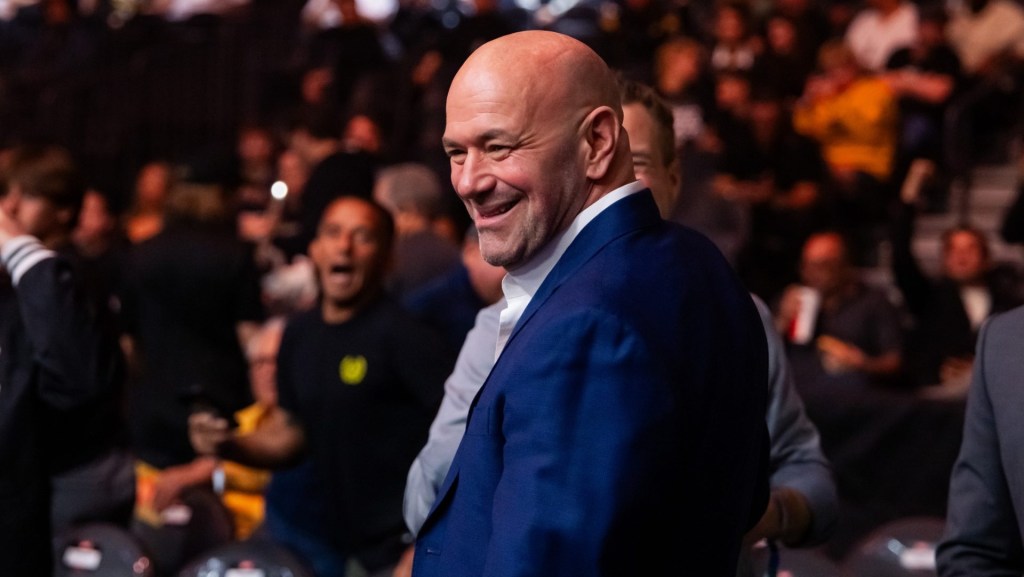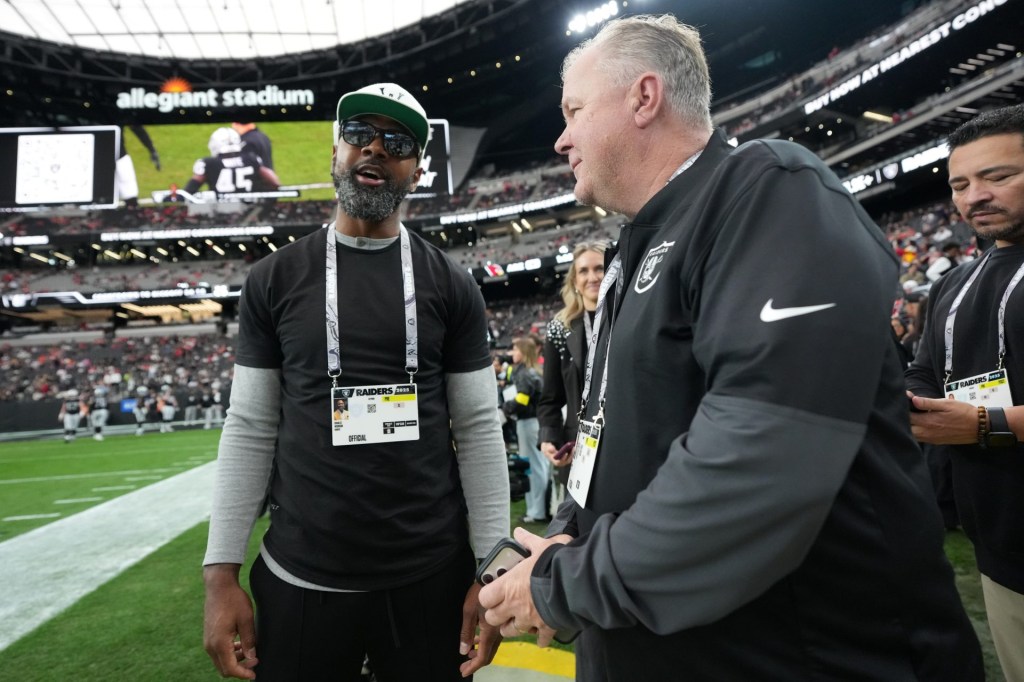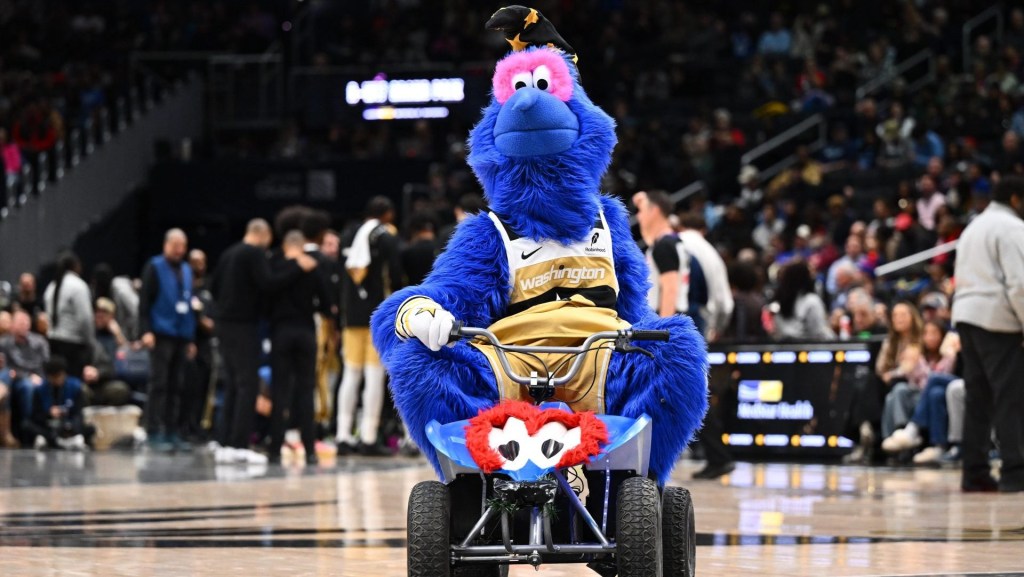Pete Rose’s death on Monday at age 83 doesn’t change his candidacy for the Baseball Hall of Fame.
Rose, MLB’s all-time hits leader, was banned from the game in August 1989, after a league investigation found he bet on games that he was managing with the Reds.
Rose played for the Reds for 17 seasons, won three World Series, and was baseball’s last player-manager from 1984 to 1986 before solely managing for the final three years until his banishment.
The conversation around admitting Rose to the Baseball Hall of Fame always seemed destined to outlive him. But his death doesn’t take him off baseball’s ineligible list. In 2020, a Hall spokesperson told ESPN, “This designation remains in place after an individual’s passing.” That came on the heels of an influential 2016 essay by John Thorn, MLB’s official historian. In the essay—and a 2019 follow-up in The New York Times—Thorn argued the “ineligible” restriction ends with death. “The baseball public has come to believe that MLB enforces its verdicts on players even after their death while the Hall merely follows in step. MLB, however, derives no practical benefit from maintaining deceased players on an ineligible list,” Thorn wrote. The historian declined to comment Tuesday.
When Rose signed his banishment in 1989, he did so believing he would be able to appear on the 1991 ballot when he became eligible, according to biographer Keith O’Brien. But 10 months before the 1991 ballot’s release, the Hall of Fame directors passed a rule declaring any player on MLB’s ineligible list would not appear on a ballot. It became known as the Pete Rose Rule, but it did raise the question if Shoeless Joe Jackson—banned in 1921—was eligible to be on the ballot from 1936, when the museum opened, until 1991 when the rule was passed.
Rose’s death has led to an outpouring of tributes, but also misunderstanding of his eligibility, including from prominent baseball journalists. Jon Heyman tweeted that Rose “was given a lifetime suspension. So he has satisfied the terms of his ban.” The Athletic’s Jayson Stark, arguably the dean of baseball writers, mused, “It’s strange to think now that he was suspended ‘for life’ by [then commissioner Bart] Giamatti. And now that the ‘lifetime’ part of his suspension no longer applies, does that mean that someday, there could be a door the league might open to allow Pete Rose a place in the Hall?”
No. Rose is still ineligible—even in the afterlife. Even Stark admitted any change was beyond unlikely, also writing, “There’s a better chance of Taylor Swift appearing on our ballot than there is of Rose ever appearing on the writers’ ballot.”
“The thing about the Hall of Fame is it’s so arbitrary, right?” author Kostya Kennedy, who wrote Pete Rose: An American Dilemma in 2014 with Rose’s cooperation, told Front Office Sports. “The ineligible list for baseball and being eligible for the Hall of Fame, the fact that it’s connected was completely concocted by the Hall of Fame board.”
When Kennedy was with Rose to report his biography 10 years ago, he said Rose’s absence from the Hall of Fame didn’t bother him the way it bothered baseball fans.
“He was caught between a couple of feelings,” Kennedy said. “He very much wanted to be back in the game of baseball. Actually being in the Hall of Fame—I don’t know if that meant as much to Pete as it meant to the legions of fans. His not being in the Hall of Fame was part of his schtick; it helped his autograph signing career. Pete had an outsized attraction because of the controversy around him, and it worked to his advantage from a financial perspective.”
But O’Brien, whose Charlie Hustle: The Rise and Fall of Pete Rose was published in March, also interviewed Rose and said the Hall omission ate at the hit king.
“It hurt Pete Rose not to be in the Hall of Fame,” O’Brien told FOS. “And as he told me, it drove him crazy. He never stopped hoping and indeed trying to get into the Hall of Fame. I think his latest application for reinstatement came just earlier this year. I do think he was also mindful that it was unlikely, and he did speculate with me that he would maybe never be considered for the Hall until maybe after he was gone.”
In a July interview with Dan Le Batard’s radio show that aired for the first time Tuesday, Rose claimed he wouldn’t want to go in the Hall of Fame posthumously.
“To be honest with you, I wouldn’t want to go into the Hall of Fame,” Rose told the show. “My name is synonymous with the game of baseball. I have all the records.”
MLB commissioner Rob Manfred originally rejected Rose’s reinstatement in 2015, saying Rose “has not presented credible evidence of a reconfigured life either by an honest acceptance by him of his wrongdoing.” But in 2022, he said that Rose’s candidacy was for the Hall to decide and not MLB.
“When I dealt with the issue, the last time he applied for reinstatement, I made clear that I didn’t think that the function of that baseball list was the same as the eligibility criteria for the Hall of Fame,” Manfred said then. “That remains my position. I think it’s a conversation that really belongs in the Hall of Fame board.”
Manfred is a board member at the Hall of Fame. While Manfred has passed responsibility away from the league, one of his predecessors is unmoved on his stance despite Rose’s passing.
“I don’t think anybody who participates in corruption of the game as he did belongs in the Hall of Fame,” former commissioner Fay Vincent told The Athletic shortly after Rose’s death was reported. Vincent served as commissioner from 1989 right after Rose’s banishment to 1992. “I think there should be a moral dimension to honors. Otherwise we’re going to have to have the ceremony in prison yards, because we’ll have to have the prisoner come out of his cell to be honored in the prison yard. I don’t think that’s a good thing.”
Kennedy said Rose’s death may change in the conversation around Rose’s Hall of Fame candidacy given he no longer poses a threat to the game’s integrity, but doesn’t expect the result to change. O’Brien is more uncertain.
“It’s been an open conversation in baseball circles for many years that Pete would not be reinstated or be considered for Cooperstown until after he was gone,” O’Brien said. “Whether that’s true or not, I have no idea. I guess we’ll find out now.”
